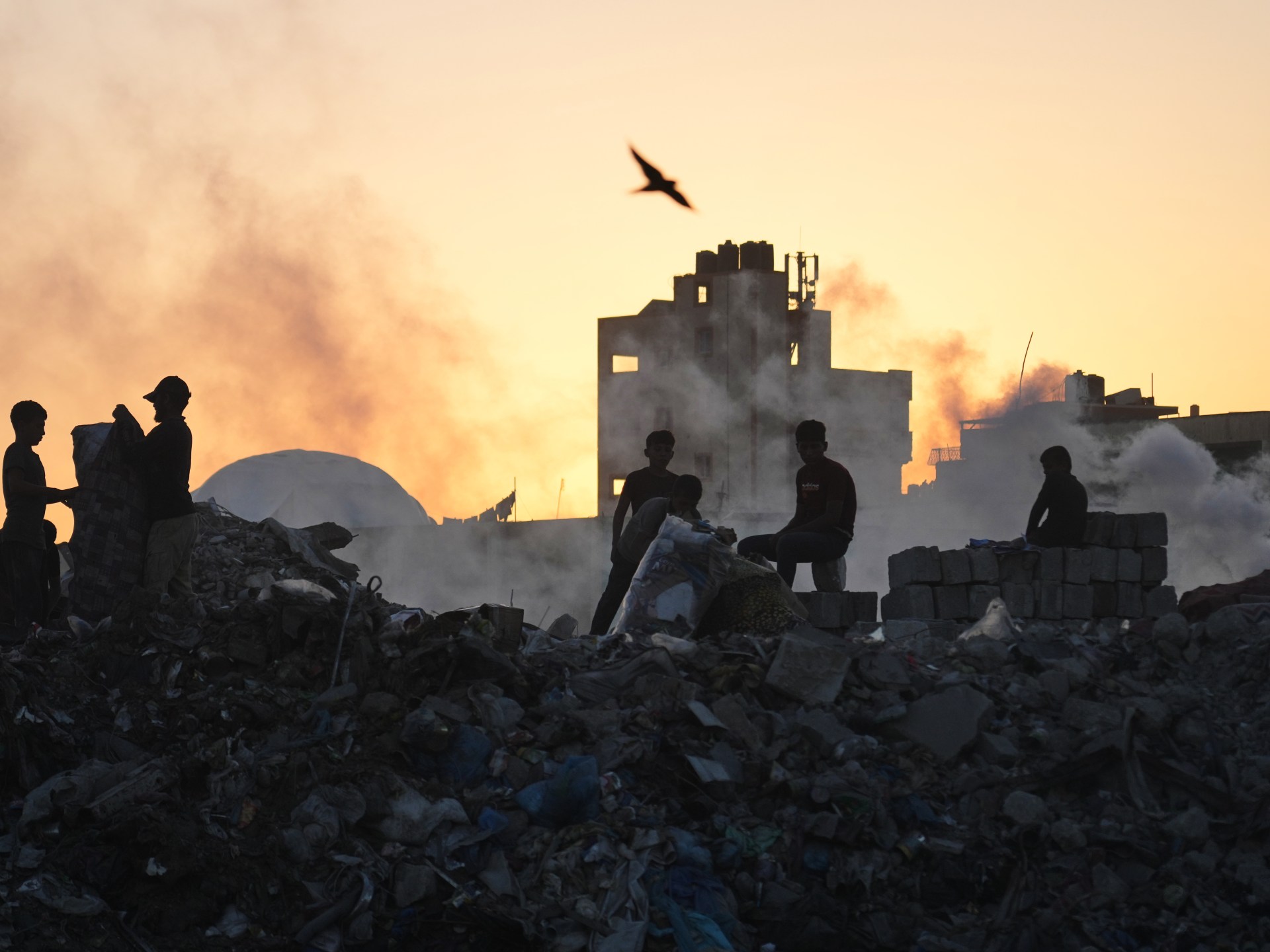**Vice President JD Vance’s Delayed Visit to Israel Amid Fragile Ceasefire with Hamas**
Vice President JD Vance had planned to visit Israel on October 20 — his first trip since assuming the vice presidency — but the visit was delayed by one day after Hamas violated a fragile ceasefire. In a conflict as acrimonious as that between Israel and the terrorist organization Hamas, ceasefires remain tenuous agreements at best.
### Hamas Violated the Ceasefire
Some observers were surprised that the ceasefire brokered by former President Donald Trump on October 10 lasted as long as it did. However, as reported by *Just the News*, “Israel’s military said that its troops were fired upon by Hamas militants in southern Gaza.”
On October 19, Hamas militants ambushed Israel Defense Force (IDF) units near the city of Rafah, resulting in the deaths of two Israeli soldiers and wounding several others. In response, Israel launched quick and substantial airstrikes targeting several Hamas command posts and fighting positions.
Initially, Israel halted humanitarian assistance and closed the Rafah crossing. However, on October 20, the Rafah portal was reopened, resuming the flow of aid to civilians in Gaza.
According to the Associated Press, at least 36 Palestinians were killed across Gaza during this escalation, including children. It is important to remember that Hamas controls the casualty figures, and the organization often uses women and children as human shields, as well as hospitals and schools as fighting positions. Therefore, Hamas-provided statistics are generally considered unreliable.
### The Cause and Complexity of the Ceasefire Breach
Hamas justified its ceasefire violation by claiming that IDF ground forces had not advanced to the “yellow” line that bisects Gaza longitudinally, as agreed upon. However, Hamas has consistently refused to disarm, a clear violation of the ceasefire agreement.
Reconstruction of Gaza with an armed Hamas poses significant challenges, particularly because the group lacks operational control over other factions, including the Palestinian Islamic Jihad’s Al-Quds Brigade and the Popular Resistance Committees’ Al-Nasser Salah ad-Din Brigades—both of which appear uninformed or unwilling to abide by the ceasefire.
Despite these setbacks, former President Trump asserted that the ceasefire was still holding. As reported by the BBC, Trump told reporters on Sunday: “The ceasefire was still in place. Hamas had been ‘rambunctious and they’ve been doing some shooting,’ but it might be ‘some rebels within’ the armed group. ‘Either way it’s gonna be handled properly. Toughly but properly.’”
### Vance’s Mission: Fortifying the Ceasefire and Planning for Gaza’s Future
Vice President Vance faces a complex mission during his visit, described as a high-level diplomatic effort to reinforce the ceasefire and discuss the release of additional deceased hostages. Additionally, Vance will focus on outlining what a post-conflict Gaza enclave might look like and how it could be governed.
A key priority on his agenda is persuading Hamas to disarm. As long as Hamas retains heavy weapons such as anti-tank missiles, machine guns, and rocket-propelled grenades, the group will continue to pose a threat to lasting peace.
Vance is scheduled to meet with Israeli Prime Minister Benjamin Netanyahu. Depending on the security situation in Gaza, Vance may become the highest-ranking U.S. official to visit the war-torn region since the outbreak of conflict two years ago.
He will also assess the level of destruction on the ground firsthand, providing vital perspective on the resources and international support needed to make Gaza inhabitable once more.
### The Challenge of Achieving Peace in Gaza
The Trump administration remains clear-eyed about Gaza’s complex reality. The region is a quagmire of competing factions, with Hamas seeking to maintain governing authority once hostilities cease permanently.
However, such a scenario appears unlikely as long as Prime Minister Netanyahu remains in power.
Rebuilding the devastated Gaza will be an immense undertaking, comparable to post-World War II reconstruction efforts in Germany and Japan.
The United States has accepted responsibility for monitoring the ceasefire and the flow of humanitarian aid. As Vice President Vance emphasized on NBC’s *Meet the Press*, the U.S. president is “not planning to put boots on the ground” in Gaza or Israel.
Managing and maintaining the ceasefire is the crucial first step. The decision to send the vice president sends a strong message of American dedication to fostering a peaceful and prosperous Gaza.
—
*The views expressed in this article are those of the author and do not necessarily represent those of any affiliated organizations.*
https://www.libertynation.com/vance-in-israel-amid-a-fragile-hamas-ceasefire/
